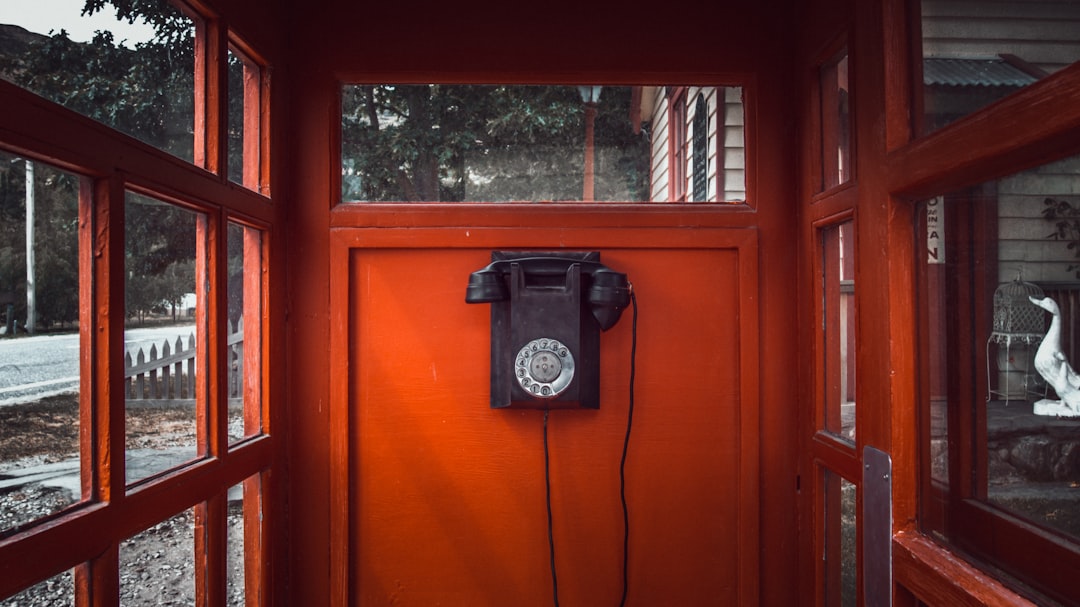Spam calls are a common issue in Alabama, but the Telephone Consumer Protection Act (TCPA) offers consumers protections. To combat them, individuals should understand their rights under the TCPA, document and report suspicious calls to authorities like the Federal Trade Commission (FTC), and consider legal advice from specialized spam call law firms or lawyers in Alabama. These professionals can help navigate the complexities of the TCPA to stop unwanted calls effectively.
Tired of unwanted spam calls? You’re not alone. In Alabama, understanding your rights under the Telephone Consumer Protection Act (TCPA) is crucial in combating this nuisance. This guide equips Alabamians with essential knowledge on identifying and reporting spam calls, offering clear steps to protect yourself. For those seeking legal assistance, we provide insights into finding reputable spam call lawyers or spam call law firms in Alabama dedicated to enforcing the Spam Call Law. Learn how to stop spam calls effectively and reclaim your peace of mind.
Understanding Spam Calls and the TCPA in Alabama

Spam calls, often referred to as unwanted or unsolicited telephone marketing calls, are a common nuisance in Alabama, just as they are across the nation. These calls can include pre-recorded messages, live salespeople, or even robocalls, promoting products, services, or even political campaigns. While many people consider all spam calls annoying, some may qualify as illegal under the Telephone Consumer Protection Act (TCPA), a federal law designed to protect consumers from certain types of telephone marketing practices.
In Alabama, the TCPA prohibits companies and individuals from making telemarketing calls using automated dialing systems or prerecorded messages without prior explicit consent. If you’re experiencing an influx of spam calls, understanding your rights under the TCPA is essential. Knowing how to document these calls and report them to the appropriate authorities, including filing a complaint with the Federal Trade Commission (FTC) or seeking legal counsel from a Spam Call law firm in Alabama, can help curb this nuisance and protect you from potential violators of the TCPA.
Identifying and Reporting Spam Calls: Your Legal Rights

In today’s digital era, unwanted spam calls have become a persistent problem, but consumers in Alabama have legal rights and resources to protect themselves. Identifying and reporting these nuisance calls is an important step towards curbing this practice. The Telephone Consumer Protection Act (TCPA) is a federal law designed to prevent just such intrusions on personal privacy. It imposes strict rules on companies and individuals who make automated or prerecorded phone calls, including spam calls, without prior express consent.
If you’ve received spam calls in Alabama, knowing your rights and how to report them can help stop the influx. You can file a complaint with the Federal Communications Commission (FCC) online or through their consumer complaint center. Additionally, considering legal action by consulting with a spam call law firm or spam call lawyers in Alabama who specialize in TCPA cases is an option. These professionals can guide you on how to proceed and ensure your rights are protected, making it easier to navigate the process of how to stop spam calls Alabama.
Finding and Consulting a Lawyer for TCPA Cases in Alabama

If you’re experiencing a barrage of spam calls in Alabama, knowing your rights and how to take action is crucial. One effective step is to consult with a lawyer specialized in TCPA (Telemarketing Consumer Protection Act) cases. In Alabama, the TCPA provides consumers with powerful tools to combat unwanted spam calls. These attorneys have expertise in navigating the complexities of this law and can help you understand your options.
There are several ways to find a qualified lawyer for TCPA cases in Alabama. You can start by searching online for “Spam Call Law Firm Alabama” or “Spam Call Lawyers Alabama.” Reputable firms dedicated to handling such cases will have detailed information on their websites about how to stop spam calls, including steps you can take immediately and your legal rights. Additionally, local bar associations often provide attorney directories that allow you to filter by practice area and expertise.






